Coconut Oil For Hair Growth: Benefits And How To Apply
Coconut oil strengthens your hair and can keep it healthy when used the right way.

Image: Shutterstock
Coconut oil is widely valued in hair care not only for its benefits but also for its long-standing cultural significance, as it has been used for centuries to nourish hair in various traditions. The benefits of coconut oil make it one of the most sought-after ingredients in cosmetics, acting as a one-stop solution for common hair issues. According to a study, coconut oil helps check hair fall by firming the roots and keeping the locks moisturized, shiny, and voluminous (1). This article discusses how coconut oil benefits your hair and how to use it the right way. Read on to learn some wonderful hair growth tips!
 Know Your Ingredient: Coconut Oil
Know Your Ingredient: Coconut OilWhat Is It?
A colorless oil extracted from the meat (copra) and milk of the coconut fruit.
What Are Its Benefits?
Maintains scalp health by alleviating dandruff and irritation, boosts blood circulation, cleanses hair follicles, and supports healthy hair growth.
Who Can Use It?
Suits all hair types.
How Often?
2 to 3 times a week.
Caution
Some individuals may be allergic to it. Consult your doctor before consumption.
In This Article
Why Is Coconut Oil Good For Hair?

1. Provides Nourishment
Coconut oil is a great source of vitamins, essential fatty acids, saturated fats, lauric acid, and antioxidants good for your hair
(2). These nutrients give your hair nourishment and keep them well-protected from stress hormones (3). They may also protect your hair from damage due to excess styling or the UV rays.
A blogger shared she used coconut oil regularly for three months. During this time, she added the oil to everything ranging from her pre-poo to co-wash and even used it as a leave-in treatment. She states in one of her blog posts, “My hair has definitely improved over the last 3 months. My hair feels thicker and so much stronger, and although the challenge is over, Extra Virgin Coconut Oil will remain a staple product in my regime (i).”
2. Moisturizes The Hair
Damaged or low-porosity hair cannot retain moisture. This makes the hair look frizzy, dry, and dull. Coconut oil’s lauric acid has a low molecular weight and easily penetrates the hair shaft, unlike mineral oil (1). It creates a thin film over the hair shaft, retains moisture, and keeps the hair strands protected from heat and damage. This reduces hair damage, prevents split ends, and strengthens the hair cuticles.
3. Prevents Protein Loss
Proteins are your hair’s building blocks. The lauric acid in the oil has a high affinity for proteins (1). The topical application of coconut oil can help prevent loss of hair proteins and keep hair healthy, thick, and shiny.
4. Improves Blood Circulation
It is a commonly recommended remedy to do hot oil massages to prevent hair loss. Massaging coconut oil into your scalp can improve blood circulation. In general, massaging also ensures the nutrients in your blood reach and nourish your follicles and keep your hair healthy and thick (4).
5. Strengthens Hair Roots
Better blood circulation through a coconut oil massage ensures stronger hair roots and healthy hair. The oil’s lauric acid has antibacterial properties (5). This acid could strengthen the hair roots.
6. Keeps The Scalp Healthy
Coconut oil also has antiviral properties (6). Applying it to the scalp, therefore, may help reduce the risk of microbial infections and hair loss. Prevention of such infections also can boost scalp health.
7. Reduces Hair Breakage
Hair breakage can occur due to mechanical abrasions, chemical treatments, and improper hair care.
Coconut oil increases the tensile strength of the hair strands and reduces the risk of hair breakage (7).
8. Prevents Dandruff
Dandruff has many causes ranging from skin conditions to fungal growth. Using coconut oil for dandruff can be a soothing solution to this chronic problem and ease its symptoms. It works especially well for a dry scalp that is flaking. The oil works by moisturizing the scalp and restoring its health (8).
9. Conditions Hair
Most store-bought commercial conditioners coat your hair with chemicals. But coconut oil works as a natural conditioner that seals moisture and leaves your hair feeling healthy, soft, and smooth (9). Applying it before or after washing your hair helps reduce frizz and dullness.
10. Helps Cool Scalp
Coconut oil can work as a scalp coolant. You can use it in the summers or even when your scalp feels irritated. However, more research is warranted in this regard.
11. Prevents Hygral Fatigue
Hygral fatigue, or the swelling of the hair shaft, happens when excess moisture is absorbed into the cuticle.
This causes hair frizz as the cuticle dries. The phenomenon is common during humid weather conditions or when you shampoo your hair too much. Coconut oil counters this as its oily nature seals the required moisture in your hair shaft and keeps the excess external moisture out (1).
These are the reasons coconut oil can enhance hair health. But how does it promote hair growth? We will discuss the same in the following section.
Key Takeaways
- Coconut oil replenishes the hair, prevents protein loss, and increases blood flow in the scalp.
- Massaging this oil on your scalp and hair stimulates hair growth and prevents dandruff and lice.
- This oil suits all hair types, but it may weigh down fine hair or cause acne breakouts on oily scalps.
- You can apply liquid or semi-solid coconut oil to your scalp and hair directly.
How Does Coconut Oil Promote Hair Growth?
The beneficial properties of coconut oil provide the scalp, roots, and hair shaft the ideal conditions for better hair growth. Hair growth remedies commonly include a coconut oil massage on the scalp to help improve blood circulation, which, in turn, provides the essential nutrients to the hair follicles for stronger hair roots and improved hair growth.
Coconut oil keeps the scalp healthy by managing lice and microbial growth. It is recommended to use coconut oil for dry scalp issues as it is also a very good hair conditioner that retains moisture and makes your hair look shiny and frizz-free. It restores damaged and processed hair and promotes good hair growth (10).
Coconut oil is effective for reviving hair health and preventing further hair thinning. However, no studies confirm that it can stimulate new hair growth on the scalp. It may only promote the growth of existing hair.
Is Coconut Oil Suitable For All Hair Types?
Yes, coconut oil is suitable for all hair types. It is an excellent source of nutrients for dry and damaged hair. Its moisture-retaining properties make it suitable for curly, wavy, straight hair, and hair types with a dry shaft or scalp. However, if you have fine hair, applying too much of coconut oil can weigh your hair down and make your hair appear thinner.
Also, be careful with the amount of coconut oil you apply if you have an oily scalp. The oil can make your head sweat and cause acne breakouts on your face. But does this mean that you should avoid coconut oil if you have oily hair? No. Coconut oil is beneficial for all hair types. We will check the same in the following section.
Coconut Oil Benefits For Different Hair Types
In this section, we will learn in detail about coconut oil benefits for different types of hair:

- Revives dry and damaged hair.
- Helps control frizzy hair.
- Softens dry and coarse hair.
- Adds shine to dull and lifeless hair.
- Tames flyaways.
- Reduces hair breakage (all hair types).
- Reduces dandruff (all hair types).
Coconut oil is a good natural hair care ingredient for all hair types. The quantity of the oil used, however, varies among the different hair types. But what is the correct way to apply coconut oil? Scroll down to find out.
How To Apply Coconut Oil To Hair

Coconut oil, depending on the weather, can be in a liquid or semi-solid form. It turns into a semi-solid form in lower temperatures. To apply coconut oil to your scalp and hair, follow these steps:
- Scoop out a little coconut oil in a bowl.
- Heat it for 5-7 seconds. Ensure not to overheat.
- Let it cool for a few seconds.
- Carefully dip your index, middle, and ring fingers into the coconut oil.
- Massage it over your scalp.
- Section your hair so that each strand of your hair gets nourishment.
- Apply coconut oil from the roots to the tips of your hair.
Note
: Braid your hair or tie it up. Wear a headband if you have oily skin to prevent breakouts.
If you have a specific hair issue that you want to resolve using coconut oil, we have a few recommendations. These coconut oil hair masks are simple to prepare right from your home.
Coconut Oil Hair Masks
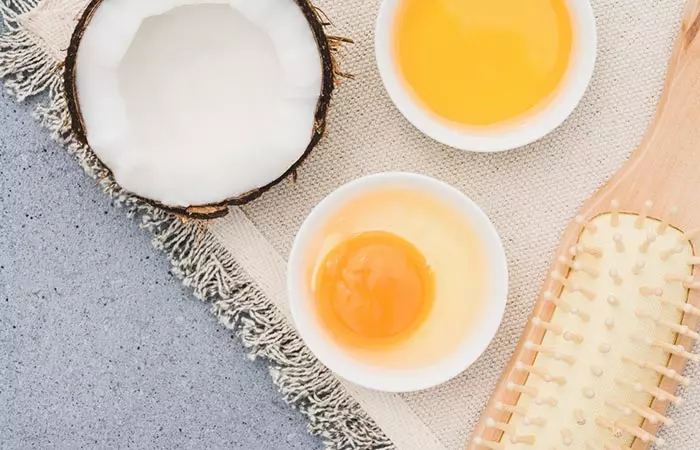
Here we have some coconut oil hair masks that are simple to prepare right at your home and can do wonders for your hair and scalp health.
- Coconut Oil Hair Mask For Dry Hair
If you want that instant shine and softness for dry and coarse hair, use this coconut oil hair mask. It may not smell like flowery or fruity like most store-bought hair masks, but it does its job well. Mix 4 tablespoons of coconut oil with 1 tablespoon of honey and 1 egg white. Apply the mixture to the hair, from the root to the tip. Make a bun or clip to tie your hair up. Cover with a shower cap. Wash off with a mild shampoo after 20 minutes.
- Coconut Oil Hair Mask For Damaged Hair
Damaged hair needs deep conditioning. Coconut oil, when mixed with other natural moisturizing ingredients, provides great results in a shorter time. To prepare a coconut oil hair mask for damaged hair, mix 5 tablespoons of coconut oil with ½ an avocado and 4 tablespoons of warm whole milk. Mix well and apply it to your hair. Clip your hair up and cover with a shower cap. Wash off with a mild shampoo after 30-40 minutes. Use 2 drops of coconut oil on wet hair as a conditioner.
- Coconut Oil Hair Mask For Thin Hair
Mix 4 tablespoons of extra virgin coconut oil with 1 teaspoon of ground fenugreek seeds and a paste of 10 hibiscus leaves (11), (12). Apply the mixture to the roots and the hair shaft. Clip your hair up and cover with a shower cap. Wash off with a mild shampoo after 20 minutes. Squeeze ½ a lime into 500 ml water and use it after you have rinsed your hair. This will act as a conditioner and leave your hair with a refreshing smell.
Apart from these, you can also apply coconut oil in a few different ways to suit your hair care routine:
- Add To Conditioner: Mix a bit with your regular conditioner to boost hydration and make hair smoother.
- Pre-Shampoo Treatment: Apply before shampooing to protect hair from drying out during washing.
- Blend With Essential Oils: Combine with a few drops of essential oil for extra benefits like soothing the scalp or adding shine.
 Quick Tip
Quick TipYou may not always be able to apply a mask frequently. In that case, applying hot coconut oil every 2 days is a great way to keep your hair healthy. But how long should you keep it on before you wash it off? Scroll down to find out.
How Long To Keep Coconut Oil On Hair
You must keep coconut oil on your hair for 30 minutes before washing off. If possible, apply coconut oil the night before you want to wash your hair. Spread a towel on your pillow to prevent stains. Wash your hair with lukewarm water the next day.
Do not let coconut oil sit for more than 8 hours. It can mix with sweat and lead to bacterial growth on the scalp and acne breakouts on the face.
 Did You Know?
Did You Know?How To Wash Coconut Oil Off Hair

Coconut oil is a good moisture-retainer. It also penetrates the hair shaft better than any other hair oil. But it could be a little difficult to be removed. The following steps can help:
- Use lukewarm water to wet your hair.
- Apply a mild or clarifying shampoo to your scalp. You may use a good shampoo for color-treated hair if your hair is dyed.
- Use your fingertips (not nails) to rub on the scalp in a circular motion.
- Wash off with lukewarm water.
- Take a little more of the shampoo and apply it to your scalp and the hair shaft. Massage your scalp. Avoid rubbing your hair shaft. Use a scrunching motion instead.
- Wash your hair with lukewarm water.
- If you have dry or damaged hair, apply a good conditioner. If you have oily or fine hair, mix the juice of ½ a lime into 500 ml water and wash your hair with the solution.
While coconut oil is generally considered good for everyone, this is a common misconception. Read on to know more.
Is Coconut Oil Bad For Your Hair?
The effects of coconut oil vary based on your hair type and scalp condition. The oil certainly offers many benefits, but there are some instances in which it could harm your hair:
- Applying coconut oil almost every day without properly washing your hair may lead to buildup on the scalp, clogged pores, and weak hair follicles.
- If you have naturally oily hair, coconut oil may weigh it down due to its slightly thick consistency.
- Coconut oil, being rich in proteins, may cause dryness, roughness, and breakage in protein-sensitive hair.
Infographic: 5 Benefits Of Coconut Oil And How To Use It
While coconut oil has always been a household name in numerous cultures, many people are not aware of its major benefits. If you wish to get a brief recap about this potent oil and why it should be added to your regimen, check out the infographic below. Learn about its 5 major benefits as well as the different ways to use it.

Illustration: StyleCraze Design Team
Clearly, coconut oil is very important for boosting hair health. It provides nourishment and moisturizes the hair, improves scalp health, decreases hair breakage, combats dandruff, and keeps the scalp cool. It also adds a natural shine to your hair and may even help detangle it. You can use coconut oil for hair growth as it improves blood circulation, which indirectly stimulates growth. This oil also repairs damaged and processed hair. You can apply it to your scalp by itself or with added ingredients to harness its hair care benefits.
Frequently Asked Questions
Can coconut oil stop hair loss and help regrow hair?
While no scientific study supports the claim that coconut oil helps regrow hair, anecdotal evidence suggests that it may reverse the effects of hair loss by boosting scalp and hair health.
How many times should I apply coconut oil to my hair?
It depends on your hair type and concern. However, using coconut oil 2 to 3 times a week is safe if you have coarse or normal hair. People with fine hair should use it less often as it may weigh their hair down.
Do you apply coconut oil to wet or dry hair?
You should apply coconut oil to dry hair as the larger molecules of the oil may not be able to penetrate the hair shaft when it is wet.
Illustration: Coconut Oil For Hair Growth: Benefits And How To Apply
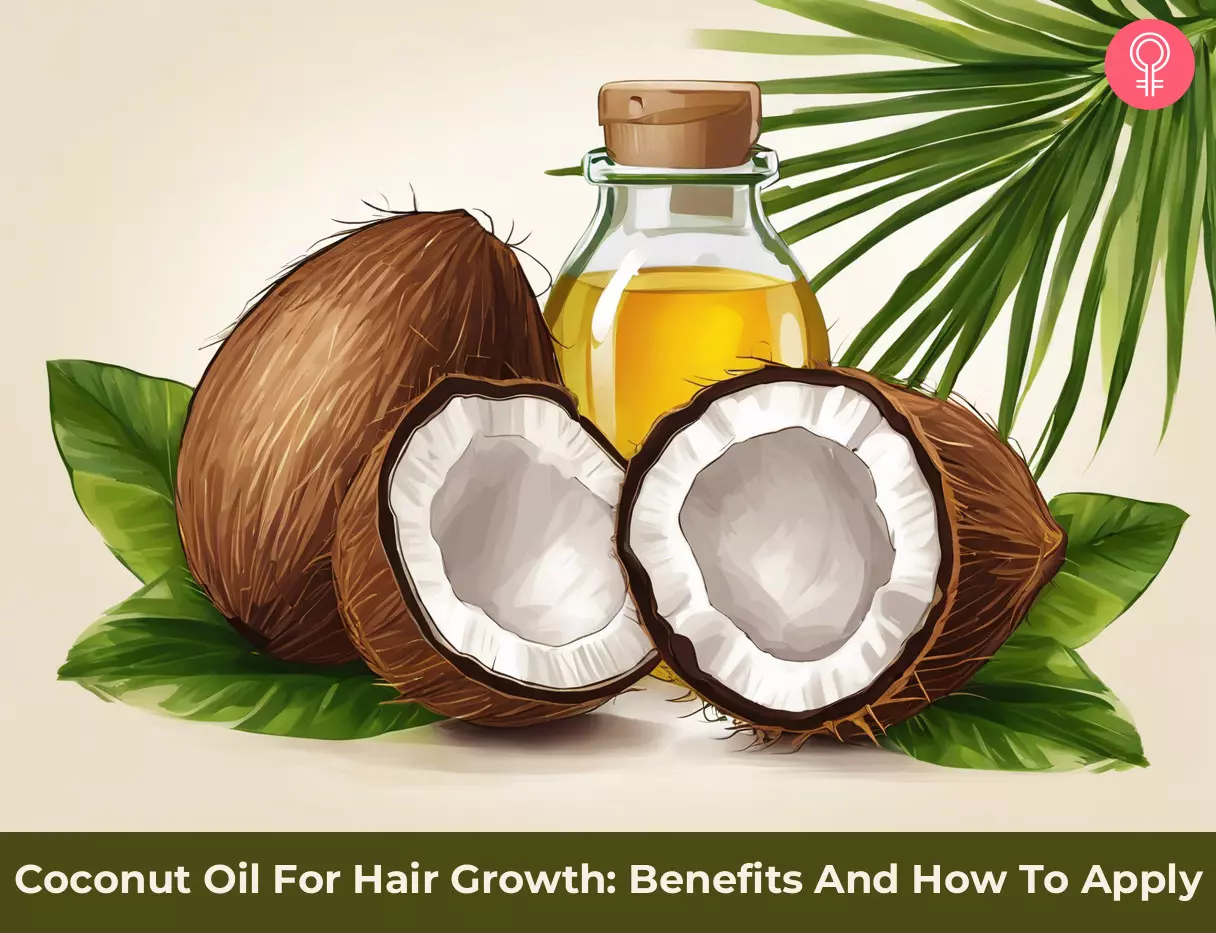
Image: Stable Diffusion/StyleCraze Design Team
Unlock the secret to luscious locks with coconut oil! Learn the best techniques for using coconut oil to promote hair growth and achieve healthy, beautiful tresses from the video below. Watch it now and embrace the power of nature for stunning results!
Personal Experience: Source
StyleCraze's articles are interwoven with authentic personal narratives that provide depth and resonance to our content. Below are the sources of the personal accounts referenced in this article.
i. Coconut oil challenge – resultshttps://thehealthyhairdiary.blogspot.com/2014/09/coconut-oil-challenge-results.html
References
Articles on StyleCraze are backed by verified information from peer-reviewed and academic research papers, reputed organizations, research institutions, and medical associations to ensure accuracy and relevance. Read our editorial policy to learn more.
- Hair cosmetics: an overview.
https://www.ncbi.nlm.nih.gov/pmc/articles/PMC4387693/ - Physicochemical properties, antioxidant capacities, and metal contents of virgin coconut oil produced by wet and dry processes.
https://www.ncbi.nlm.nih.gov/pmc/articles/PMC6060898/ - Antistress and antioxidant effects of virgin coconut oil in vivo.
https://www.ncbi.nlm.nih.gov/pmc/articles/PMC4247320/ - Standardized Scalp Massage Results in Increased Hair Thickness by Inducing Stretching Forces to Dermal Papilla Cells in the Subcutaneous Tissue.
https://www.ncbi.nlm.nih.gov/pmc/articles/PMC4740347/ - Antimicrobial effects of virgin coconut oil and its medium-chain fatty acids on Clostridium difficile.
https://pubmed.ncbi.nlm.nih.gov/24328700/ - Antimicrobial Activity of Coconut Oil and its Derivative (Lauric Acid) on Some Selected Clinical Isolates.
https://www.researchgate.net/publication/319421441_Antimicrobial_Activity_of_Coconut_Oil_and_its_Derivative_Lauric_Acid_on_Some_Selected_Clinical_Isolates - Hair breakage index: an alternative tool for damage assessment of human hair.
https://pubmed.ncbi.nlm.nih.gov/21635848/ - Association of Malassezia species with dandruff.
https://www.ncbi.nlm.nih.gov/pmc/articles/PMC4069738/ - Expert consensus on the management of Telogen Effluvium in India.
https://www.ncbi.nlm.nih.gov/pmc/articles/PMC6580807/ - Medicinal Benefits of Coconut Oil (A Review paper).
https://www.researchgate.net/profile/Gambhirsinh_Vala2/publication/280574942_Medicinal_Benefits_of_Coconut_Oil_A_Review_paper/links/55bb561b08ae092e965ed871/Medicinal-Benefits-of-Coconut-Oil-A-Review-paper.pdf - EFFECT OF GERMINATED SEEDS OF FENUGREEK ON Malasseizia furfur FROM HAIR DANDRUFF.
https://www.journalcra.com/sites/default/files/issue-pdf/611.pdf - In vivo and in vitro evaluation of hair growth potential of Hibiscus rosa-sinensis Linn.
https://pubmed.ncbi.nlm.nih.gov/12963149/#:~:text=Petroleum%20ether%20extract%20of%20leaves,vivo%20and%20in%20vitro%20methods.&text=From%20the%20study%20it%20is,more%20potency%20on%20hair%20growth.
Read full bio of Dr. Shruti Chavan
Read full bio of Arshiya Syeda
Read full bio of Ramona Sinha
Read full bio of Medha Deb






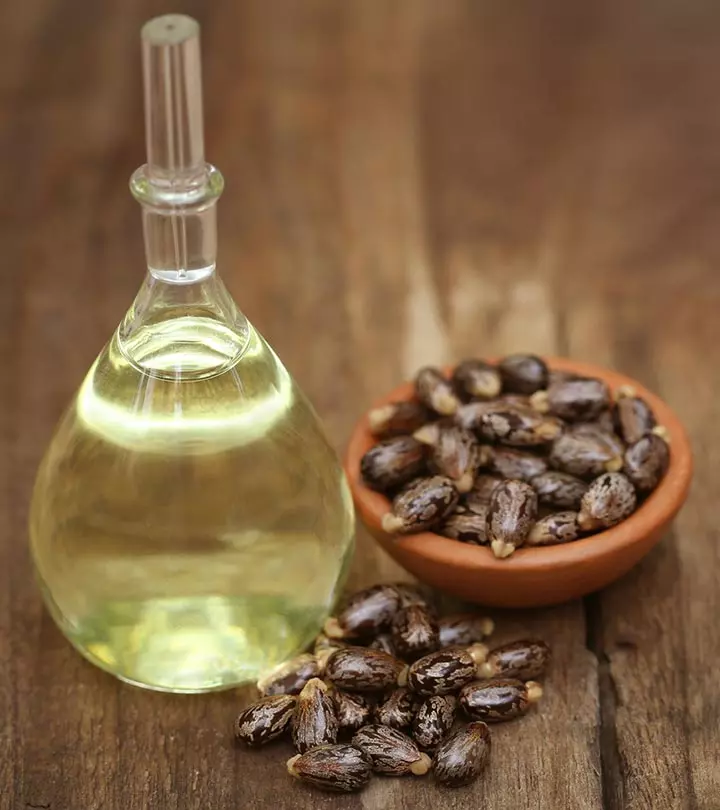

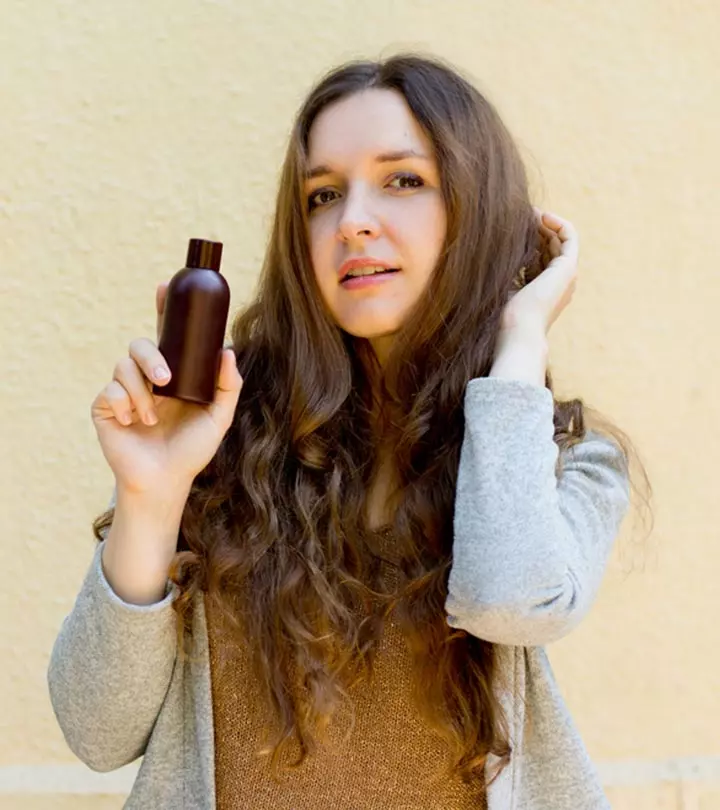
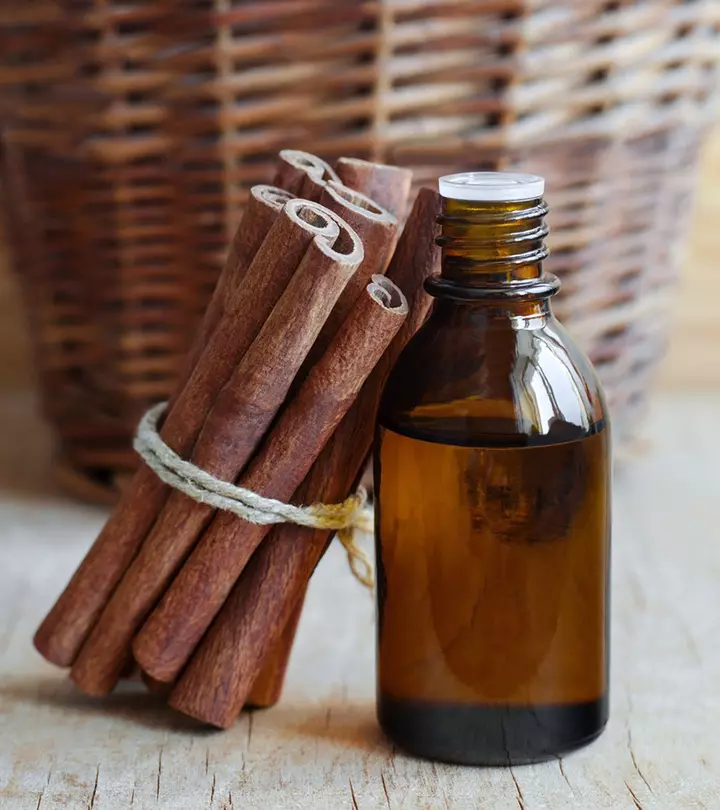
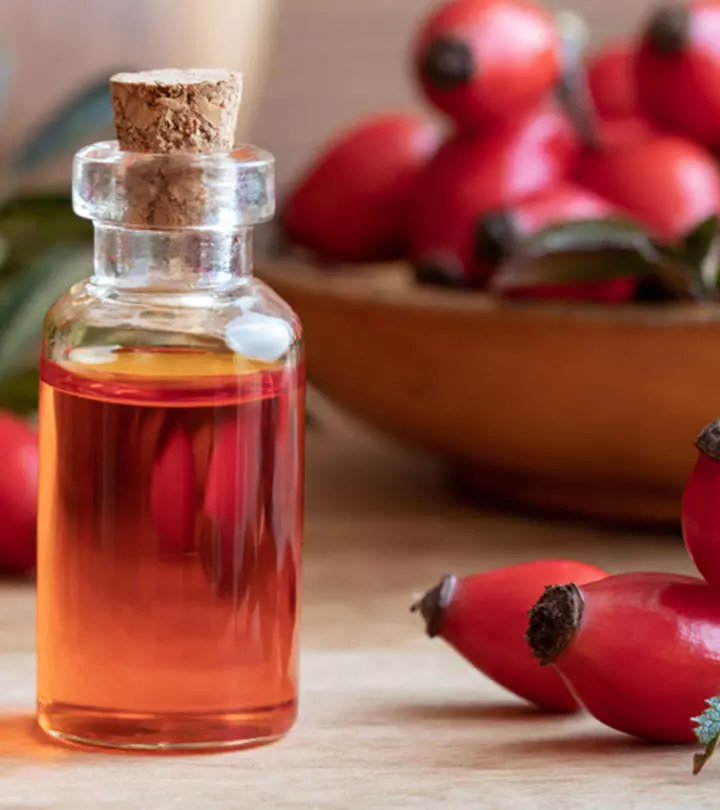
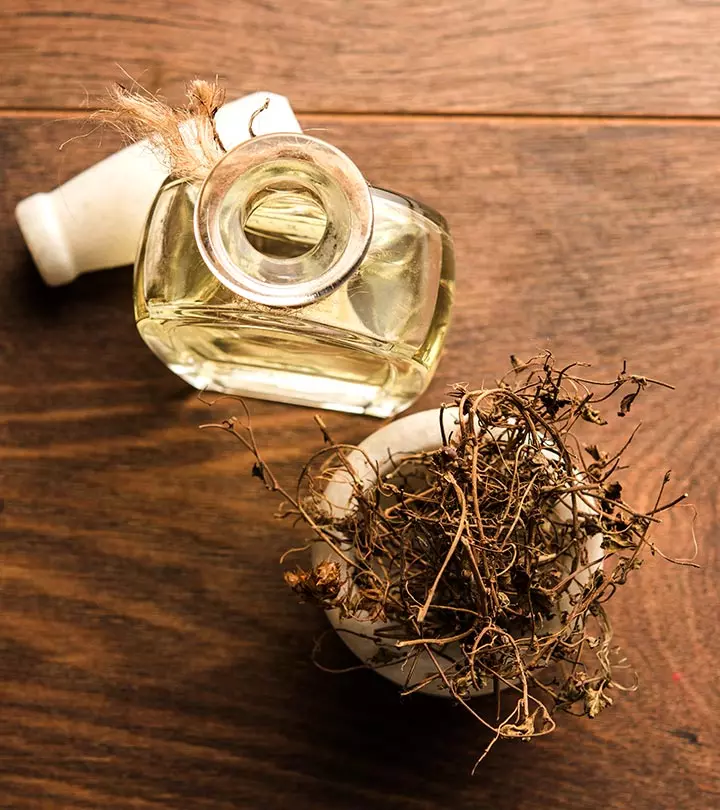




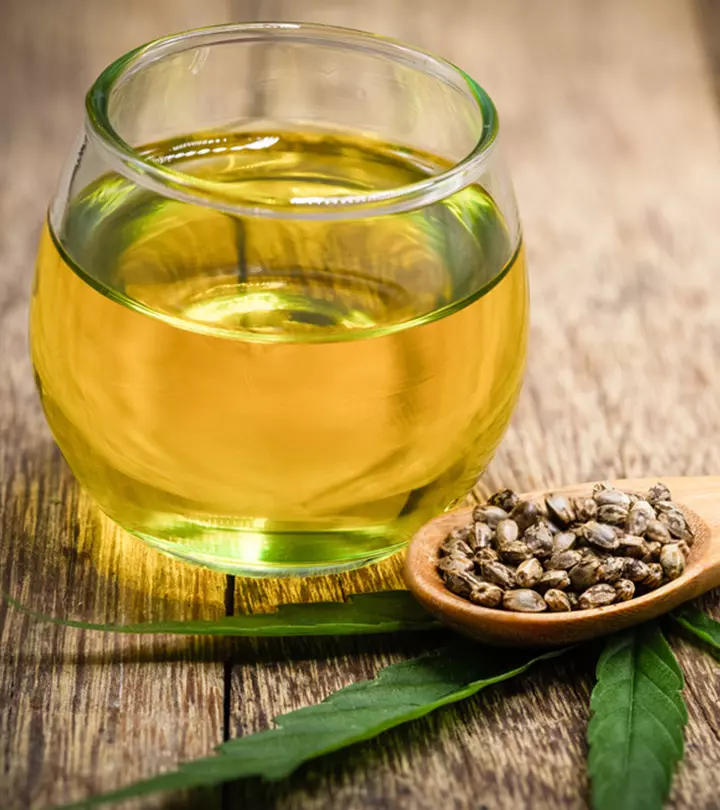


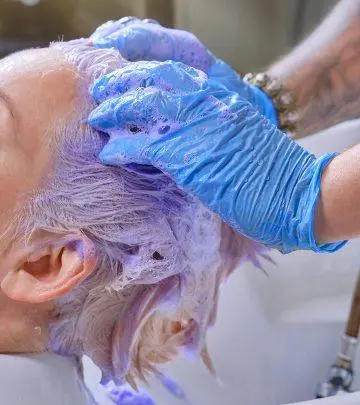
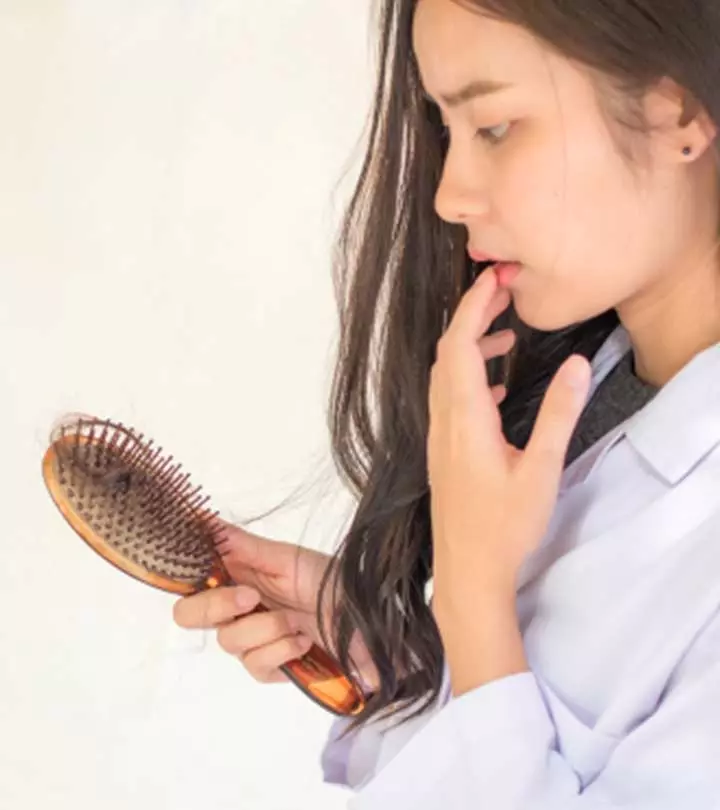





Community Experiences
Join the conversation and become a part of our empowering community! Share your stories, experiences, and insights to connect with other beauty, lifestyle, and health enthusiasts.